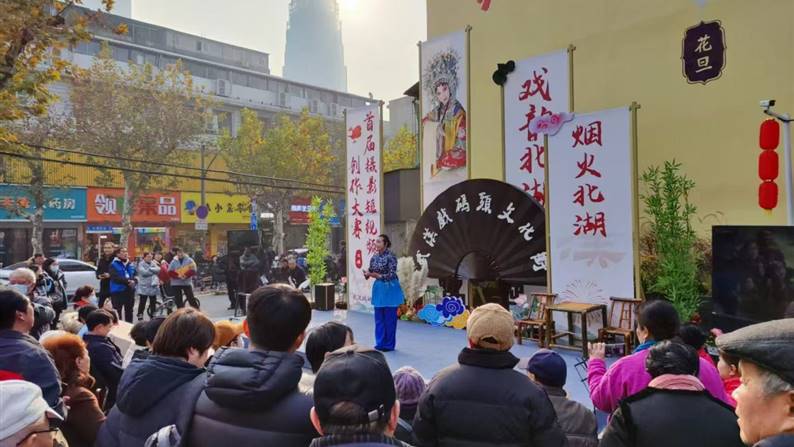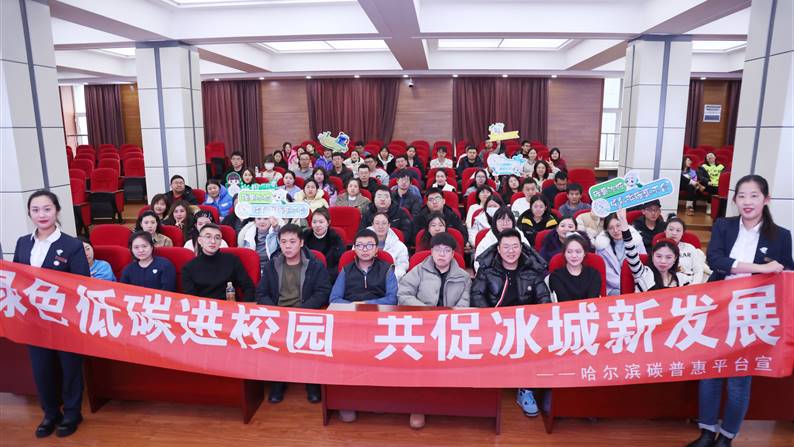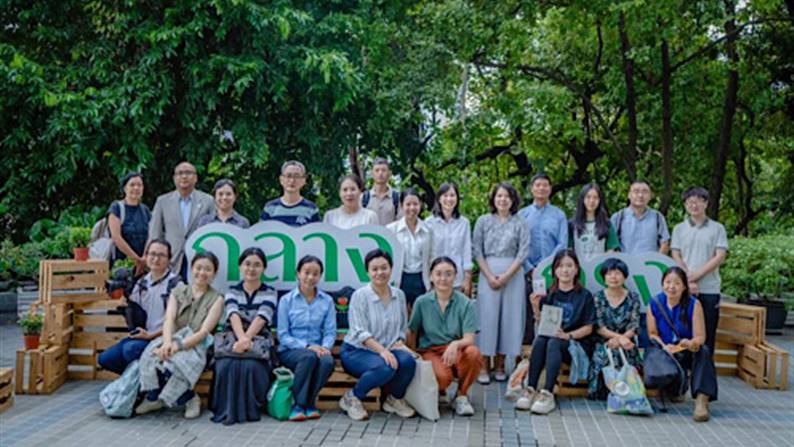2022-06-10 Source: Global Times
[Global Times correspondent in Hungary and Germany, Li Zhen Zhaodong]
“Chinese new energy car companies may build factories in Hungary”, the news website “Newsbeezer” reported on the 8th that recently, there have been recruitment advertisements for Chinese car company Weilai in Hungary on social media, including financial team leaders or factories. manager. According to the "Hungary Today" website, the Chinese power battery company CATL may "land" in Hungary. CATL is buying a 200-hectare land in Hungary to build a factory. A source familiar with Hungary’s domestic battery market said the factory will be built in the eastern city of Debrecen, about 20 kilometers from the site of the BMW factory already under construction. Become the next European manufacturing base in the Ningde era.
Due to the lack of domestic energy resources, Hungary started planning to expand the application of new energy very early. In 2011, Hungary formulated long-term energy strategy documents to 2030 and 2050, the main purpose is to ensure supply security, economic competitiveness and environmental protection at the same time. Since then, Hungary has signed the "Paris Climate Agreement", emphasizing "green growth", and vigorously encourages and supports the use of new energy from residents' lives, enterprise production to transportation. At the same time, it has also decided to support investment in the new energy sector through the Hungarian Investment Promotion Agency.
In April 2017, the first electric vehicle factory invested and built by Chinese new energy vehicle manufacturer BYD in Europe was officially settled in Komarom, northwestern Hungary. The initial products were mainly pure electric buses and pure electric tourist buses. Electric forklifts and other light commercial vehicles will be produced. At present, the production scale of BYD Hungary is expanding continuously.
In September 2021, China Enjie Group invested in the construction of a lithium battery separator production base in Debrecen. The investment of this project is 183 million euros. It is planned to build a production base of 50,000 square meters in the factory area covering an area of 97,000 square meters, with four lithium battery separator production lines, providing 440 local jobs. In March 2022, China Yiwei Lithium Energy purchased a 45-hectare land in Debrecen, planning to build a battery production plant, and follow-up negotiations are still in progress.
It can be noticed that most of China's new energy enterprises favor Debrecen, because the Hungarian government emphasizes the development of the eastern region with a relatively weak level of development. As an important city in eastern Hungary, the central government and The local area provides more convenience for investing there. According to factors such as the investment area, the project involved and the employment population to be solved, the Hungarian government will provide certain funding for investment enterprises through the Investment Promotion Agency.- Hungary is currently promoting the electrification of the transportation sector, and the infrastructure of charging stations is also expanding rapidly. Between 2015 and 2020, the number of charging stations in the country increased from 180 to 1,295, and the number of fast-charging stations increased from 22 to 287. The expansion of charging infrastructure is also driven by laws and regulations. For example, new residential buildings and shopping malls must provide reserved parking spaces with charging points.
On June 8, the European Parliament voted to approve the legislative proposal put forward in July 2021, that is, to decide to ban the sale of fuel vehicles in the EU by 2035, marking the acceleration of the electrification of European vehicles. However, the European Parliament still needs to negotiate with EU member states before the proposed legislation can take effect. At the end of June, EU member states wanted to clarify their stance on banning the sale of petrol and diesel vehicles. At present, Germany and other countries have signed a 2035 ban on the sale of fuel vehicles. Many automakers have realized the change and turned to electric vehicles. Electric vehicles and plug-in hybrids accounted for around 18 percent of new EU new car sales last year, despite a decline in total car sales in 2022 due to semiconductor shortages, according to the European Automobile Manufacturers Association.
The wave of electrification is rapidly advancing around the world. According to Bloomberg's latest "2022 Electric Vehicle Future Outlook" report, by 2025, electric vehicles will account for 39% of their respective auto market shares in China and Europe, Bloomberg said on June 7. Some European countries have even higher proportions. For example, Germany, the United Kingdom, and France will account for about 40%-50% of electric vehicles in the country.
The report also stated that the current global electric vehicle market is still dominated by China. In terms of the number of charging piles, China is currently the largest, followed by Europe, followed by the United States.
2022-06-10 来源:环球时报
【环球时报驻匈牙利、德国特约记者 李震 昭东】
“中国新能源车企或在匈牙利建厂”,新闻网站“Newsbeezer”8日报道称,最近,社交媒体上出现了中国车企蔚来在匈牙利的招聘广告,包括财务团队负责人或工厂经理。另据“今日匈牙利”网站报道,中国动力电池企业宁德时代可能会“登陆”匈牙利。宁德时代正在匈牙利购买一块面积达200公顷的土地建立工厂,熟悉匈牙利国内电池市场的消息人士称,该工厂将建在东部城市德布勒森,距离已在建的宝马工厂场地约20公里,将成为宁德时代的下一个欧洲制造基地。
由于国内能源资源匮乏,匈牙利很早就开始规划扩大新能源应用。2011年匈牙利制定分别到2030年和2050年的长期能源战略文件,主要目的是同时确保供应安全、经济竞争力和环境保护。此后,匈牙利又签署《巴黎气候协定》,强调“绿色增长”,从居民生活、企业生产到交通方面大力鼓励和扶持使用新能源。同时还决定通过匈牙利投资促进局支持新能源领域投资。
2017年4月,中国新能源汽车制造商比亚迪在欧洲投资兴建的第一座电动车工厂正式落户匈牙利西北部的科马罗姆,前期产品主要为纯电动大巴和纯电动旅游客车,后续将生产电动叉车和其他轻型商用车。目前比亚迪匈牙利公司生产规模不断扩大。
2021年9月,中国恩捷集团在德布勒森投资建设锂电池隔膜生产基地。这一项目投资金额1.83亿欧元,计划在占地9.7万平方米的厂区建起5万平方米的生产基地,内设四条锂电池隔膜生产线,为当地提供440个就业岗位。2022年3月,中国亿纬锂能在德布勒森购下一块45公顷的土地,计划建立电池生产厂,目前后续谈判仍在进行中。
可以注意到,中国的新能源企业投资大多青睐德布勒森,这是因为匈牙利政府强调对发展水平相对较弱的东部地区的开发,德布勒森作为匈牙利东部重要城市,中央政府和当地对在那里进行投资提供了更多的便利条件。根据投资地区、涉及项目和解决的就业人口等因素,匈牙利政府通过投资促进局会为投资企业提供一定的资助。
匈牙利目前正在推动交通领域的电动化,充电站基础设施也快速扩张。2015年至2020年,该国充电站的数量从180个增加到1295个,快速充电桩的数量从22个增加到287个。充电基础设施的扩建也借助法律法规来推动。例如,新建住宅楼和购物中心必须提供带充电接口的预留停车位。
6月8日,欧洲议会投票通过2021年7月提出的立法建议,即决定到2035年禁止在欧盟境内销售燃油车,标志着欧洲汽车电动化进程加速。不过,在这项立法建议生效之前,欧洲议会仍需与欧盟成员国进行谈判。6月底,欧盟成员国希望明确其对禁止销售汽油和柴油汽车的立场。目前德国等国已经签署了2035年燃油车禁售令。许多汽车制造商已经意识到了这一变化,转向生产电动车。欧洲汽车制造商协会的数据显示,尽管2022年由于半导体短缺,汽车总销量有所下降,但去年电动车和插电式混合动力汽车占欧盟新车销量的18%左右。
电动化浪潮正在全球快速推进。彭博社6月7日称,根据彭博最新的“2022年电动车未来展望”报告,到2025年在中国和欧洲地区,电动车将占到各自汽车市场总份额的39%。其中有一些欧洲国家比例甚至会更高,比如德国、英国、法国电动车会占到该国的40%-50%左右。
报告还表示,目前全球电动车市场依旧由中国主导。充电桩数量方面,目前也是中国数量最多,欧洲其次,之后是美国。




